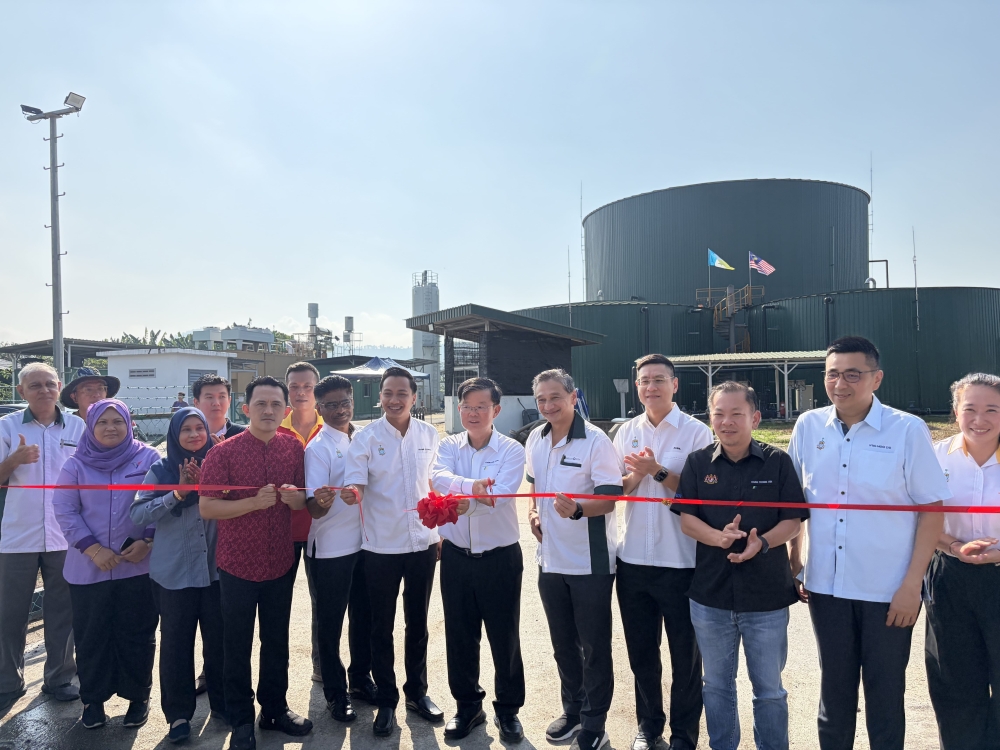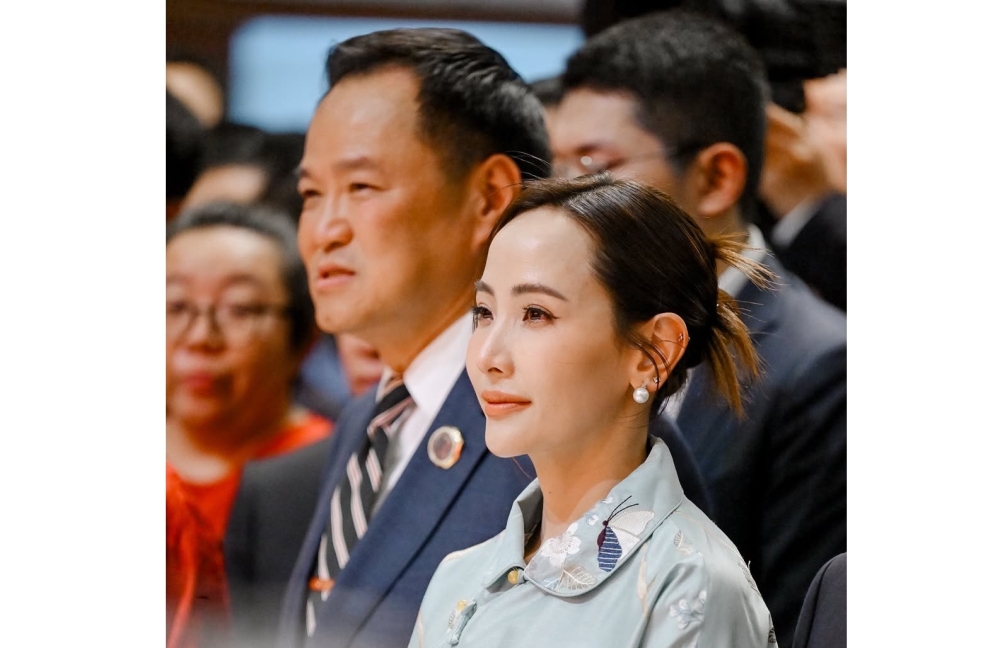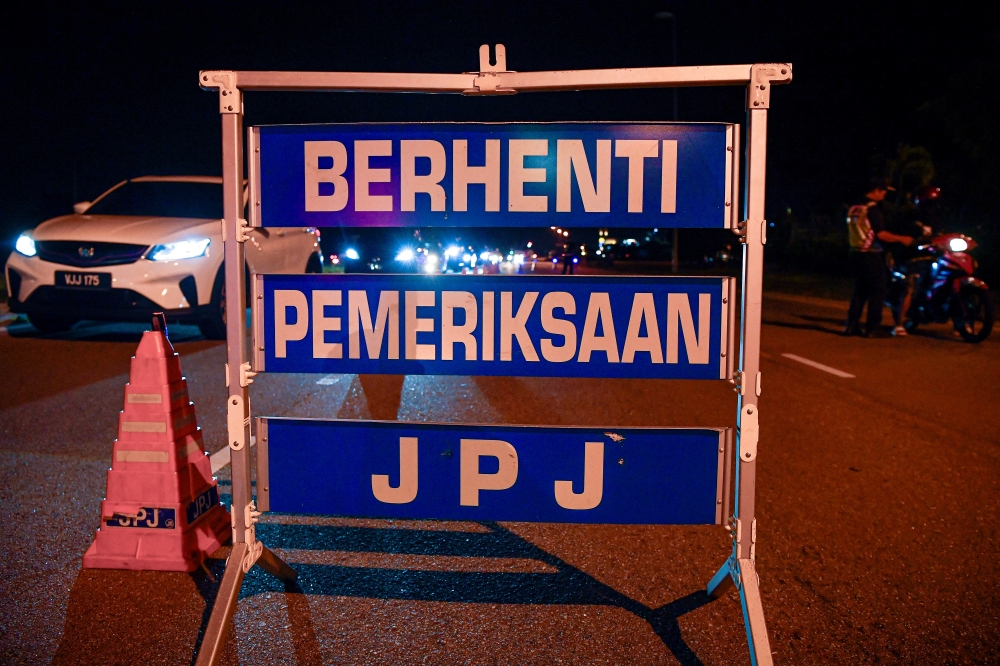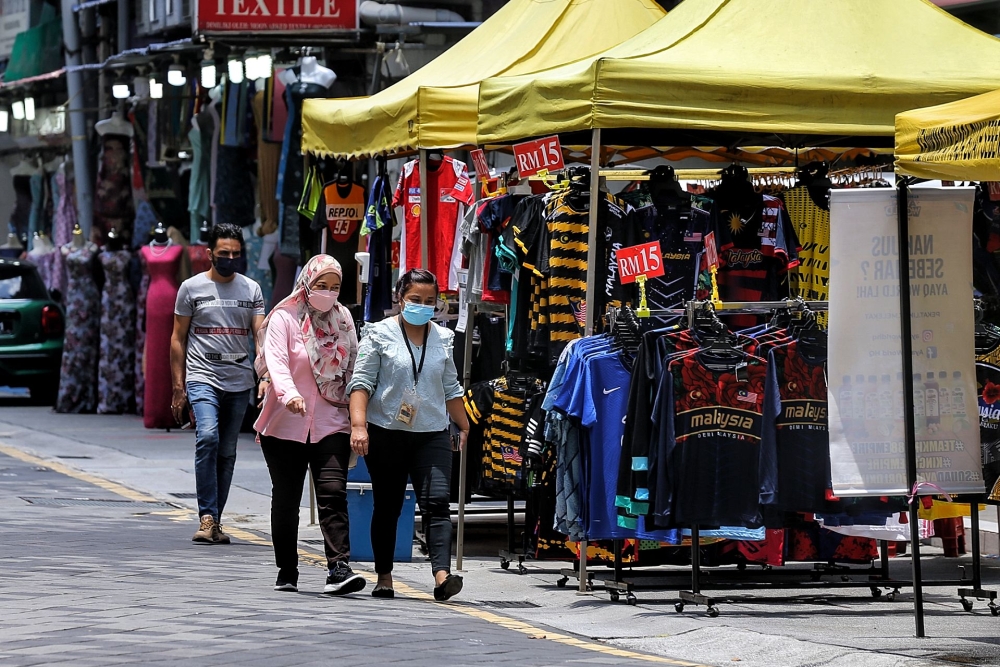KUALA LUMPUR, Sept 11 — Efforts to empower Bumiputera will now shift from focusing on selected companies to empowerment programmes involving more entrepreneurs and small and medium scale Bumiputera companies, said Prime Minister Datuk Seri Anwar Ibrahim.
He said this is to create a middle-class category of Bumiputera who can build their business, increase their income and add value to the economy, rather than solely relying on their wages.
“Previous plans in the Bumiputera empowerment agenda only focused on the participation in the economy sector based solely on equity ownership. After five decades, this ownership has yet to reach the 30 per cent target set.
“A Bumiputera economic congress will be held in January next year to set a new direction and approach for the Bumiputera agenda that is more fair, equitable and inclusive,” he said when tabling the 12th Malaysia Plan (12MP) Mid-Term Review (MTR) (2021-2025) at the Dewan Rakyat today.
He said the effectiveness of the role of Bumiputera-mandated agencies such as Majlis Amanah Rakyat (MARA), Bumiputera Agenda Steering Unit (Teraju) and Ekuiti Nasional Berhad (Ekuinas) will be enhanced through realignment of strategies and initiatives to empower the Bumiputera agenda.
“Key Performance Indicators (KPI) will be created to improve the effectiveness of aid and support to increase Bumiputera involvement in economic activities. This effort will also continue to be improved in building the credibility of the Bumiputera-mandated agencies by strengthening integrity and governance,” he said.
Anwar said Bumiputera companies would also continue to have the opportunity to receive the benefits of funding support from the entire fund allocated by the government to 16 Bumiputera agencies, including MARA, Amanah Ikhtiar Malaysia (AIM), TEKUN Nasional, Ekuinas, Teraju and Permodalan Nasional Berhad (PNB).
In addition, he said a wakaf fund through the collaboration of agencies related to the Yayasan Wakaf Madani will be established as a new approach to boost the Islamic economy.
“To ensure the effectiveness of wakaf land management throughout the country, the government will introduce a number of initiatives and establish a National Wakaf Land Committee capable of contributing to 20 per cent of the development of the Islamic social finance sector by 2030. The government will also identify abandoned land and explore the involvement of the people in developing it,” he said.
The Prime Minister also announced that the Companies Act 2016 and the Limited Liability Partnership Act 2012 relating to the declaration of beneficial owners are being revised to strengthen the transparency of share ownership, in line with the emphasis on good governance. — Bernama



















